Do You Really Need That Beauty Product?
Of the countless beauty products out there, which ones will actually work on you?
Makeup Primer
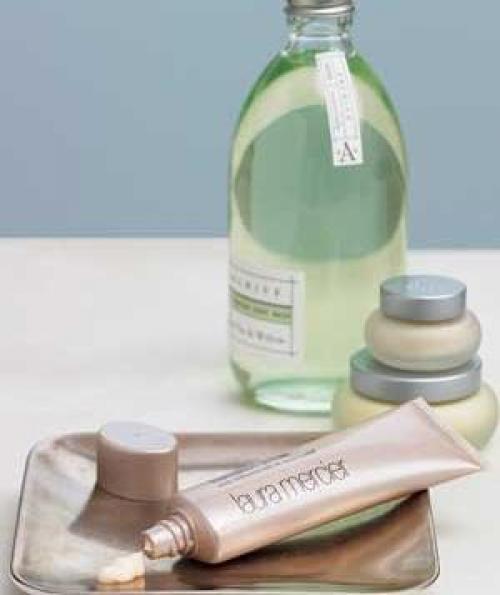
What it’s meant to do: A primer is designed to temporarily smooth skin on the lips, the eyelids, or the face with silicones and polymers. “Most contain waxes that bond with cosmetics to give them longevity,” says Jim Hammer, a cosmetics chemist at Pharmasol Labs, in Easton, Massachusetts.
So who needs it? “Someone with fine lines around her mouth can benefit from a lip primer, since it keeps lip color from feathering,” says Jeannette Graf, an assistant professor of dermatology at New York University Medical Center, in New York City. Women who have trouble with shadow that creases might consider an eye-makeup base. Makeup primers are ideal for those with sunken scars, since they level the skin.
Who can skip it: People who are prone to allergies, contact dermatitis, or milia (tiny cysts that form under the eyes). And a primer won’t do much for those with even, velvety complexions.
Toner
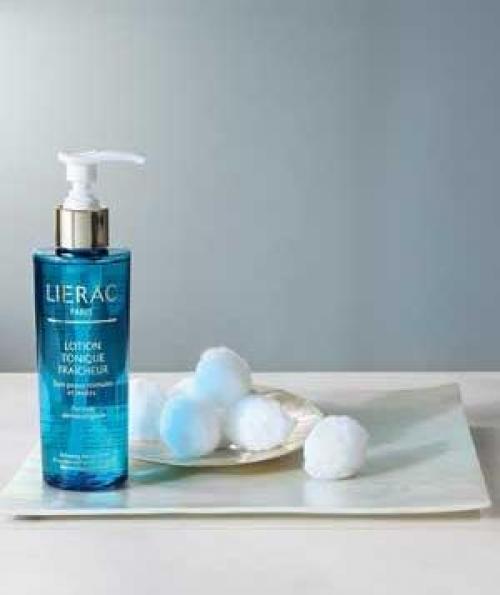
What it’s meant to do: A toner purportedly eliminates oil, tightens pores, and gets the skin ready to absorb active ingredients in other products.
So who needs it? "Only people with extremely oily skin,"says Ranella Hirsch, M.D., vice president of the American Society of Cosmetic Dermatology and Aesthetic Surgery. And that’s only if you’re not already controlling oil in another way, like with a salicylic acid–based cleanser or an oil-absorbing lotion. (Incidentally, “there’s no truth to the theory that toners prep the skin or help other products penetrate better,” says David E. Bank, M.D., director of the Center for Dermatology, Cosmetic and Laser Surgery, in Mount Kisco, New York.)
Who can skip it: Women with normal, dry, or sensitive complexions―that is, almost everyone. Toners often overdry these types of skin, triggering the sebaceous glands to pump out more oil in an effort to prevent dehydration. The result: rebound greasiness and more breakouts.
Eye Cream
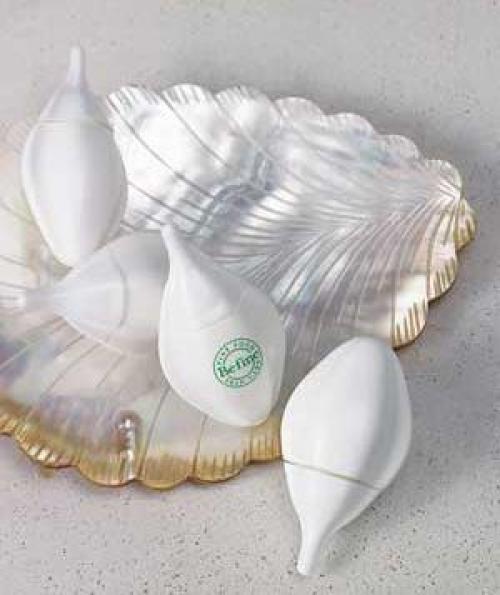
What it’s meant to do: Some promise to iron out wrinkles with collagen-building peptides. Others boast depuffing diuretics, like caffeine, and anti-inflammatory botanicals. Almost all count on light reflectors to offer an instant brightening effect.
So who needs it? Those with sensitive skin, puffiness, and fine lines. Traditional moisturizer is usually OK to use around the eyes, but if yours causes stinging or burning, use an eye cream. They tend to be milder than regular lotions, with a lower concentration of active ingredients, and free of fragrance and other known allergens. For puffiness, choose a gel with chamomile or caffeine “to help the skin shed excess water,” says Hammer. If you want to combat fine lines, go for a cream with oligopeptide (an amino acid) and retinol or vitamin C.
Who can skip it: Women whose regular moisturizers contain the ingredients they need and who don’t experience any negative reactions.
Night Cream
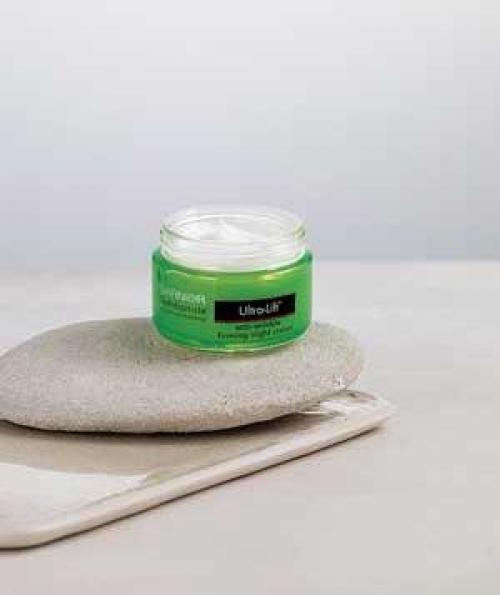
What it’s meant to do: A night cream is basically a heavy-duty moisturizer. These products tend to contain a variety of oils, lipids, and humectants; some also include ingredients like peptides and retinol, which both have been shown to stimulate collagen production and reverse sun damage.
So who needs it? "Anyone with dry or mature skin, especially in the winter," says Graf. If you have other concerns―sun damage, wrinkles, irritation―a night cream with ingredients that address those concerns might be a good choice, with one caveat: Be sure you’re not using a day cream with the same ingredients, as the overuse of certain ingredients can irritate the skin.
Who can skip it: Women with oily skin. Most do better using their regular, oil-free day lotion at night. Those taking a prescription drug for acne, rosacea, or sun damage should check with their doctors before trying a night cream.
Topical Wrinkle Filler
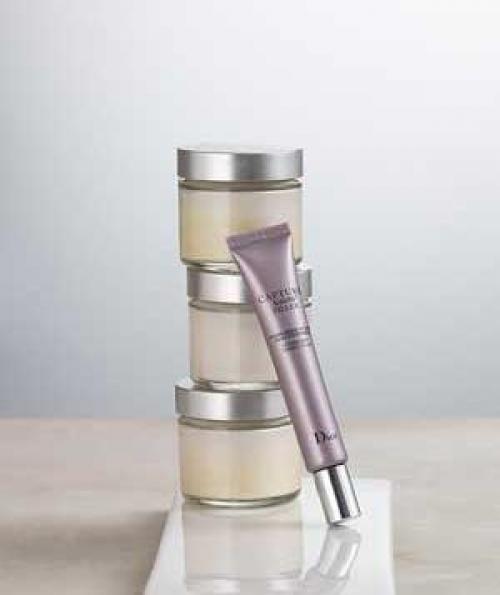
What it's meant to do: Like a primer, a wrinkle filler is said to fill in wrinkles physically by creating a smooth film over the skin. Some use humectants, like hyaluronic acid, to draw water into the skin and plump up wrinkles. Others use silicone or nylon microspheres to fill in lines.
So who needs it? Anyone who wants to camouflage lines. "Fillers may not be able to mask deep creases, but they can improve the texture of skin, making it look and feel smoother," says Macrene Alexiades-Armenakas, an assistant clinical professor of dermatology at the Yale University School of Medicine. Just remember: The effect these products deliver is short-lived. As soon as you wash your face, you're back to square one.
Who can skip it: Women with smooth, youthful complexions. And, of course, anyone wishing to embrace her lines as hard-earned mementos of life experiences.